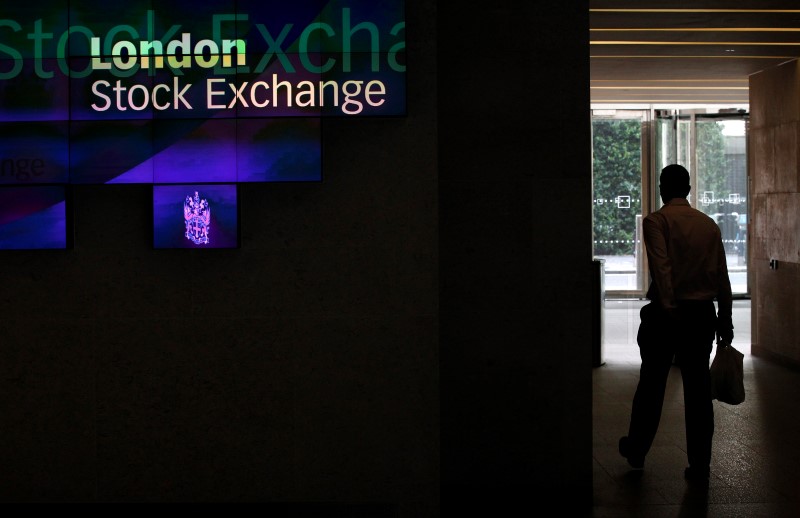In the aftermath of the recent French political turmoil, European markets have entered a state of uncertainty, displaying a mix of reactions as investors assess the potential implications of the unfolding situation. The precarious political climate in France has sent ripples through the region, affecting various sectors and causing fluctuations in market dynamics.
One of the primary sectors facing the brunt of the political instability is the financial industry. As political uncertainty often leads to market volatility, major financial institutions are treading cautiously amidst the erratic environment. Investors are closely monitoring the situation, evaluating how the political landscape may impact economic policies and financial regulations.
The technology sector, on the other hand, has shown resilience in the face of political turbulence. Tech companies have displayed relative stability, benefiting from robust demand for digital services and products. The sector’s performance amidst the turmoil highlights its perceived immunity to political developments, allowing tech stocks to maintain a steady course.
In contrast, the energy sector has experienced notable fluctuations in response to the political turmoil. The uncertainty surrounding policy changes and energy regulations has led to increased volatility in energy markets. Oil and gas companies are particularly sensitive to geopolitical developments, and shifts in political power can significantly impact their operations and profitability.
The automotive industry in Europe is also grappling with the effects of the political unrest in France. As a major hub for automobile manufacturing, disruptions in the country’s political landscape have implications for the entire supply chain. Automakers are closely monitoring the situation, bracing for potential challenges in production and distribution processes.
Furthermore, consumer sentiment and spending patterns have been influenced by the political turmoil in France. Uncertainty about the future direction of the country’s leadership has caused some consumers to adopt a more cautious approach, affecting retail and consumer goods sectors. Businesses catering to discretionary spending are facing challenges as consumer confidence wavers in response to political instability.
Overall, the European markets are navigating through a period of volatility and unpredictability due to the French political turmoil. The varying reactions across different sectors underscore the complex interplay between politics and economics. As investors and businesses adapt to the evolving situation, the markets will continue to reflect the shifting dynamics driven by political developments in France and beyond.



